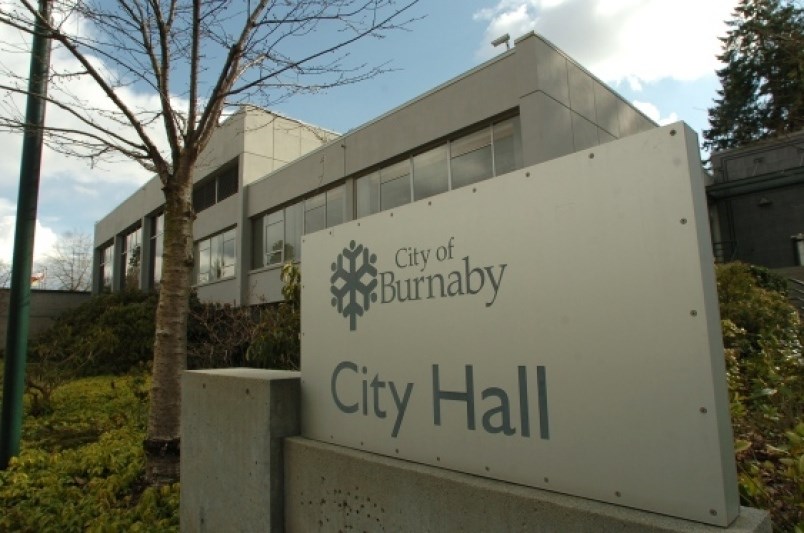The City of Burnaby could hold its council byelection as late as May, even as more than a dozen other local governments have recently held or are planning byelections in the next few months.
That’s 10 to 11 months after the deaths of councillors Nick Volkow and Paul McDonell, meaning the two seats will have remained unoccupied for nearly a year.
According to a staff report to council, five municipalities and one school district have held byelections since September this year, with another nine local governments expected to hold byelections between now and late January.
According to the Local Government Act, the city must hold an election within 80 days of the appointment of a chief election officer, something the city has yet to do.
“In consideration of the COVID-19 pandemic, the absence of provincial guidelines regarding the timing of a byelection, and the city's limited information regarding the pandemic trends, the city has sought guidance from the provincial government regarding the byelection date,” staff wrote in a report to council.
“The province has advised that it is not possible to predict ‘peaks’ and ‘valleys’ of the pandemic, and that the byelection dates are to be determined by each municipality. It is understood that larger municipalities will need more time to organize their byelections.”
Staff notes Burnaby is the largest local government currently planning a byelection, with more than double the registered voters of the City of Victoria, which is planning a byelection on Dec. 12. That means Burnaby would need to offer more voting opportunities, recruit and train more election staff and source more equipment, such as safety supplies.
As such, the city is “considering the feasibility” of a late-spring election, though staff said timing depends on completing a safety plan, the potential for voting by mail and availability of resources.
Staff suggested the city provide 17 voting locations for the byelection, about half of the number provided in the 2018 general election. This holds up to general convention, the city noted, with Vancouver providing 50 polling stations in its 2017 byelection compared to 112 in 2018.
Cities are required to offer two days of advance voting, with the option to add more – in 2018, the city had three advance voting days at six locations, according to the staff report. This byelection, staff said they are looking to offer four days of advance voting at six locations.
Perhaps the biggest question mark, however, is the issue of mail-in ballots. According to the Local Government Act, voting by mail should only be available to people who will be away from the city during all in-person voting opportunities and those with a physical disability, illness or injury affecting their ability to vote.
Elections BC expanded the use of mail-in voting for the 2020 provincial election to allow anyone to vote by mail, and the Ministry of Municipal Affairs has issued ministerial orders allowing municipalities to permit voting by mail in their byelections.
The city doesn’t currently allow voting by mail, though 50 people requested that voting method in 2018. During the provincial election, Burnaby’s four ridings saw 32,171 requests for mail-in ballots.
City staff are expected to report back to council next month to propose election bylaw changes for city council to consider, followed by a report in January on the potential for voting by mail. Finally, staff expect to recommend a chief election officer in February, meaning a vote at the latest in May.
Follow Dustin on Twitter at @dustinrgodfrey
Email dgodfrey@burnabynow.com



